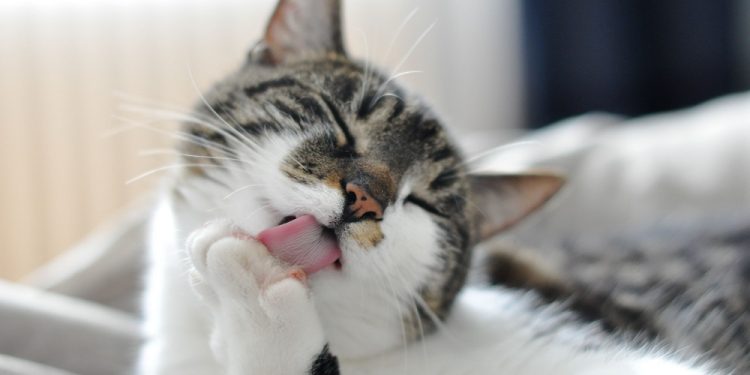
National Hairball Awareness Day
National Hairball Awareness Day is a holiday observed annually on the last Friday in April. This day is designed to raise awareness about a common problem that many cats face on a weekly basis. Hairballs are caused by the cat’s grooming habits and occur when the hair accumulates in the cat’s esophagus or stomach—requiring the cat to vomit up the balls of hair.
Even though most hairballs are natural and aren’t a reason for concern, they can cause obstructions in cats, which can lead to serious medical problems. For this reason, people are encouraged to manage their cat’s hairballs to keep them safe.
Some Possibly Disgusting Facts About Hairballs
Every cat is going to get hairballs—if not on a regular basis, then at least a few times during the course of its life. It’s just how things go. Just because hairballs are inevitable doesn’t mean they can’t be treated successfully, however.
The first step in treating your cat’s hairball problem is learning a little bit more about them. That’s why we’ve added some facts about hairballs that cat owners might want to consider while they’re celebrating National Hairball Awareness Day.
- The scientific name for a hairball is a trichobezoar.
- Some ancient people thought that animal hairballs could cure poisoning or even the plague.
- Lions have been known to cough up very large hairballs.
- Hairballs are more common as cats shed their winter coats.
- Healthy cats will only have one or two hairballs a year.
- Switching to a high-fiber cat diet can help reduce the chance of hairballs.
The History Of National Hairball Awareness Day
National Hairball Awareness Day was created by Hill’s Pet Nutrition to highlight some of the possible solutions that cat owners might have available to them when their cat gets hairballs. It has been celebrated for the last few years by cat owners all over the world.
Observing National Hairball Awareness Day
Celebrate this holiday by making sure that your cat is healthy and well-groomed. If your cat has a problem with hairballs, make sure to take him or her to the vet to get it treated.








